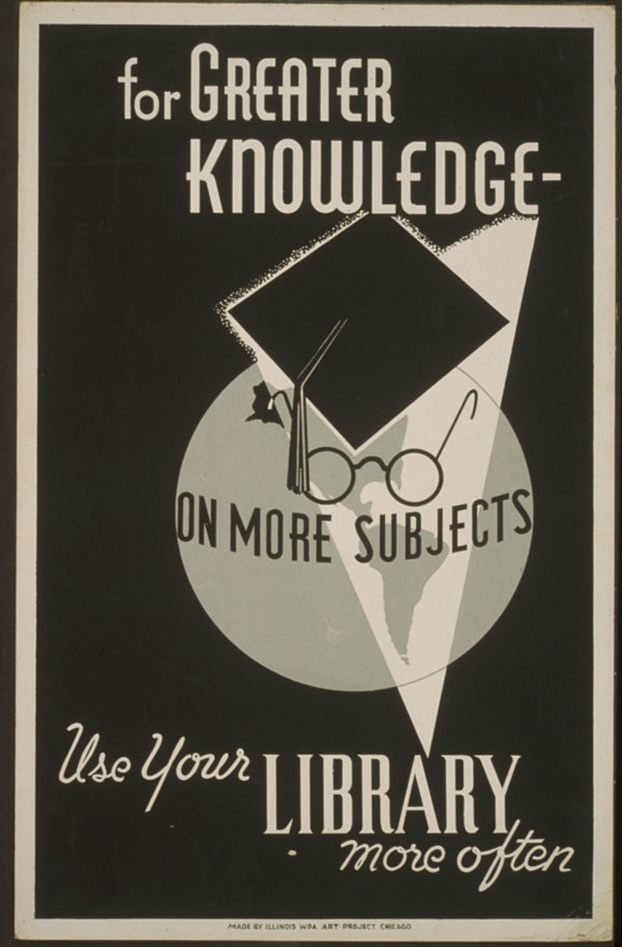In the old days when Oregon had three real newspapers that were published from its three largest cities, I authored commentaries in all three, though it was in the local newspaper that I was a regular columnist. Once, I even checked with the editor, Jack, whether it would be ok with him if I contributed to the other two papers.
After the publication, I looked forward to emails in response to my opinion essays. Unless they were personal attacks, I replied to every email that I received. My interest was not to merely express my opinions but to also engage with people. I was carrying forward into the public arena the same discussion-based approach that I used in the classroom, though with students I rarely expressed my true opinions and restricted myself to logic and evidence.
Blogging is no different. In the old days before tRump won here in the US, and before mOdi consolidated his choke hold over the old country, there were a couple of regular commenters at the blog who laid out their disagreements in their comments. But, after tRump's election, those few were gone. I continued to blog anyway as if I wanted to test the old philosophical question of if a tree falls in a forest and there is nobody to hear it, does it make a sound?
Every once in a while, I get emails from readers letting me know that the falling tree's noise was heard. One recent email was about Dalit issues in the old country. Another was about a book. I wrote back to them. I am sure that I wrote way more than what they had bargained for 😁
That particular book had been in my reading list. But, now there was an added incentive to push it to the top. I picked up the book from the local library.
People in the old country, and in most countries around the world, will be pleasantly shocked at how awesome public libraries are here. One wealthy guy from decades ago, however much his property might be theft, made public libraries across the country major beneficiaries of his philanthropy. A contrast to rich assholes like pHil kNight whose use their money to mold politics to their liking.
"Of the 1,679 public library buildings funded in the United States by Andrew Carnegie between 1883 and 1929, 31 were in Oregon."
There are many public spaces and institutions that bear his name. For musicians, it is huge to perform at Carnegie Hall. There is Carnegie Mellon University. And more. What a shame that philanthropy these days has veered far away from socially beneficial contributions!
Yes, Carnegie was ruthless as a businessman, as a capitalist. But, the legacy he left behind includes: "1,689 public libraries. Temples of learning, ambition, aspiration for towns and cities throughout the United States."
And, yes, there is a Eugene connection:
The first Carnegie library grant in Oregon was made to the City of Eugene, at the instigation of a women’s club called The Fortnightly Club. The Eugene Public Library was established as a tax-supported library in 1904. A Carnegie grant was made soon after, and the first Carnegie library in Oregon opened in Eugene in August 1906.
It was from this Eugene Public Library that I borrowed Jai Chakrabarti's A Play for the End of the World.
Chakrabarti notes that the book is "For anyone who's crossed a border in search of home."
Within a couple of pages it is clear that borders will be crossed in plenty. Poland. America. India. The book will be quite a journey.
A postscript from here:
The Work Progress Administration (WPA) that President Roosevelt established to help people survive and work through the Great Depression included projects big and small. One of the programs within the WPA "designed posters for art programs as well as for public parks, and organizations devoted to health and education." The following is one of the posters made for public libraries.

No comments:
Post a Comment